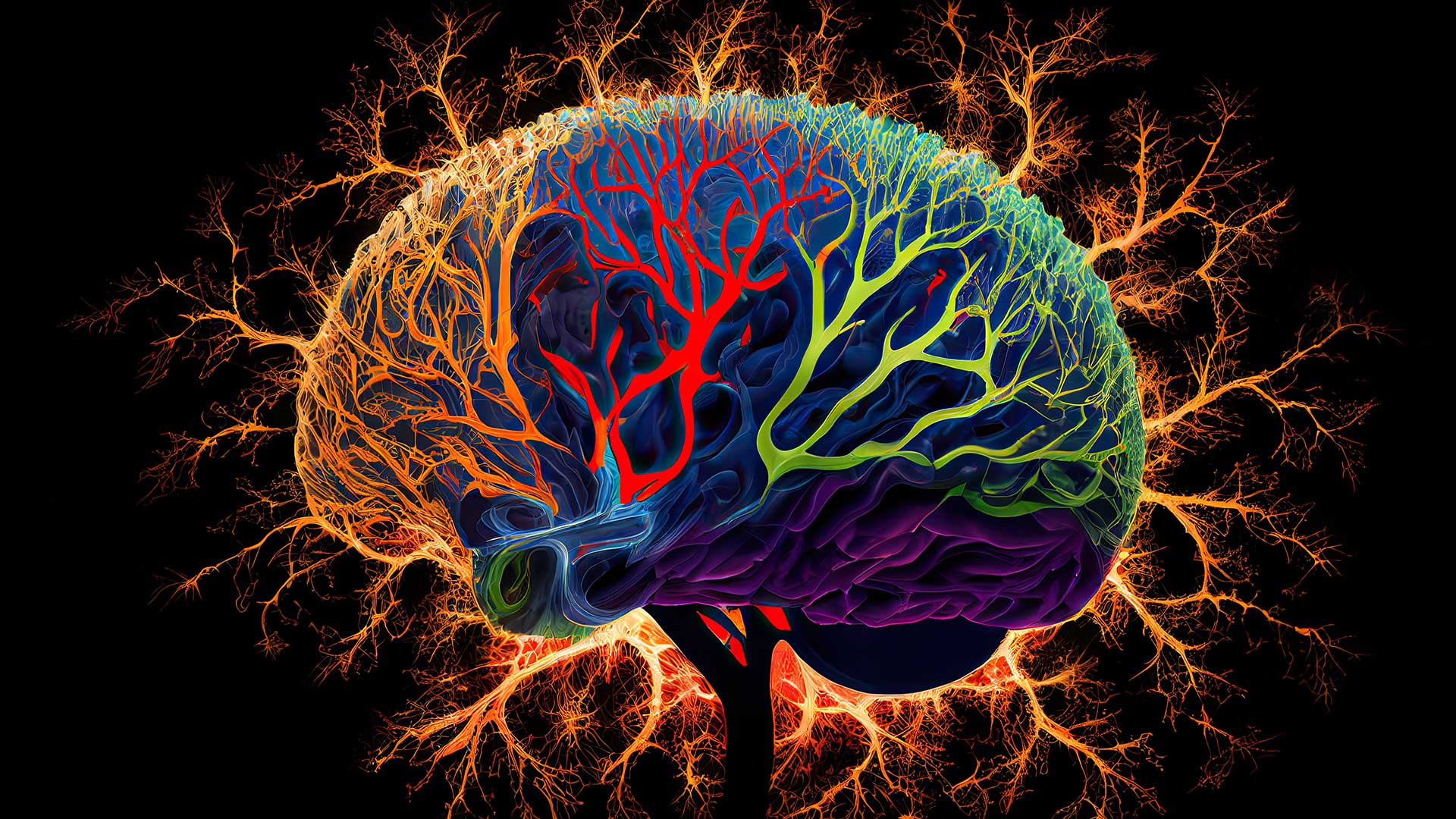Test your science knowledge
Autism spectrum disorders (ASD) affect one in 36 children in the United States alone. Since autism was first defined in 1925, our understanding of this condition has evolved significantly. In recent years, Cold Spring Harbor Laboratory (CSHL) scientists have made several pioneering discoveries, which have helped shine a light on the genetics behind ASD. In recognition of April as National Autism Awareness Month, take this short quiz to find out how well you know autism spectrum disorders.
Which of the following statements about ASD is false?
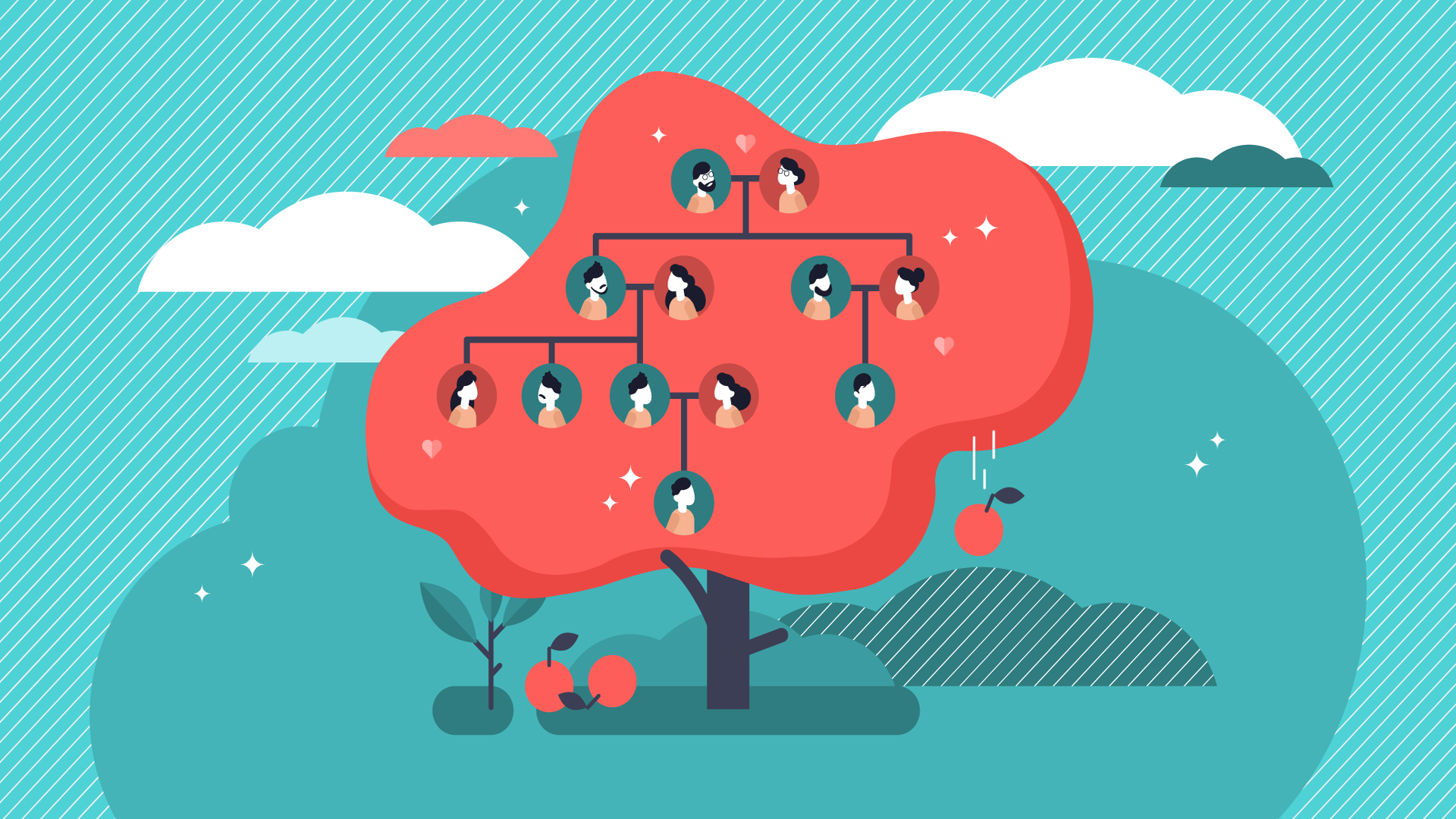 Image: ©VectorMine - stock.adobe.com
Image: ©VectorMine - stock.adobe.com
Although it can be passed down from parent to child, ASD also occurs in children with no family history. CSHL Associate Professor Ivan Iossifov has found that spontaneous genetic mutations cause up to half of all autism cases among families that have only one child with ASD.
Who is more likely to be born with ASD?
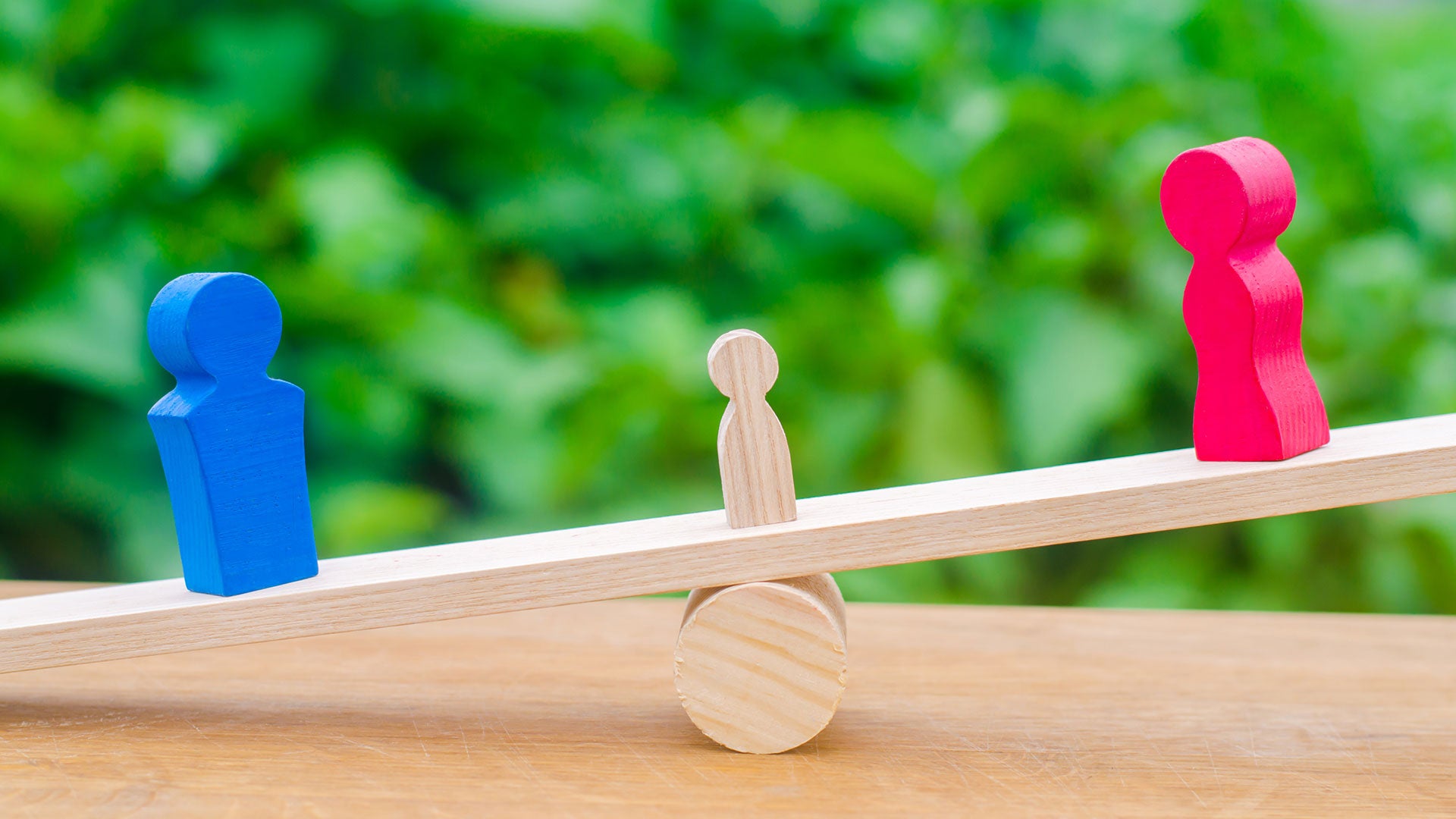 Image: ©Andrii Yalanskyi - stock.adobe.com
Image: ©Andrii Yalanskyi - stock.adobe.com
Boys are about four times more likely to be born with ASD than girls. The genetics behind this disparity remain elusive. But according to CSHL Professor Michael Wigler, girls appear to have stronger resistance to all but the most devastating ASD-related genetic mutations—a phenomenon known as the female protective effect.
Children with ASD are thought to inherit more genes from which relative?
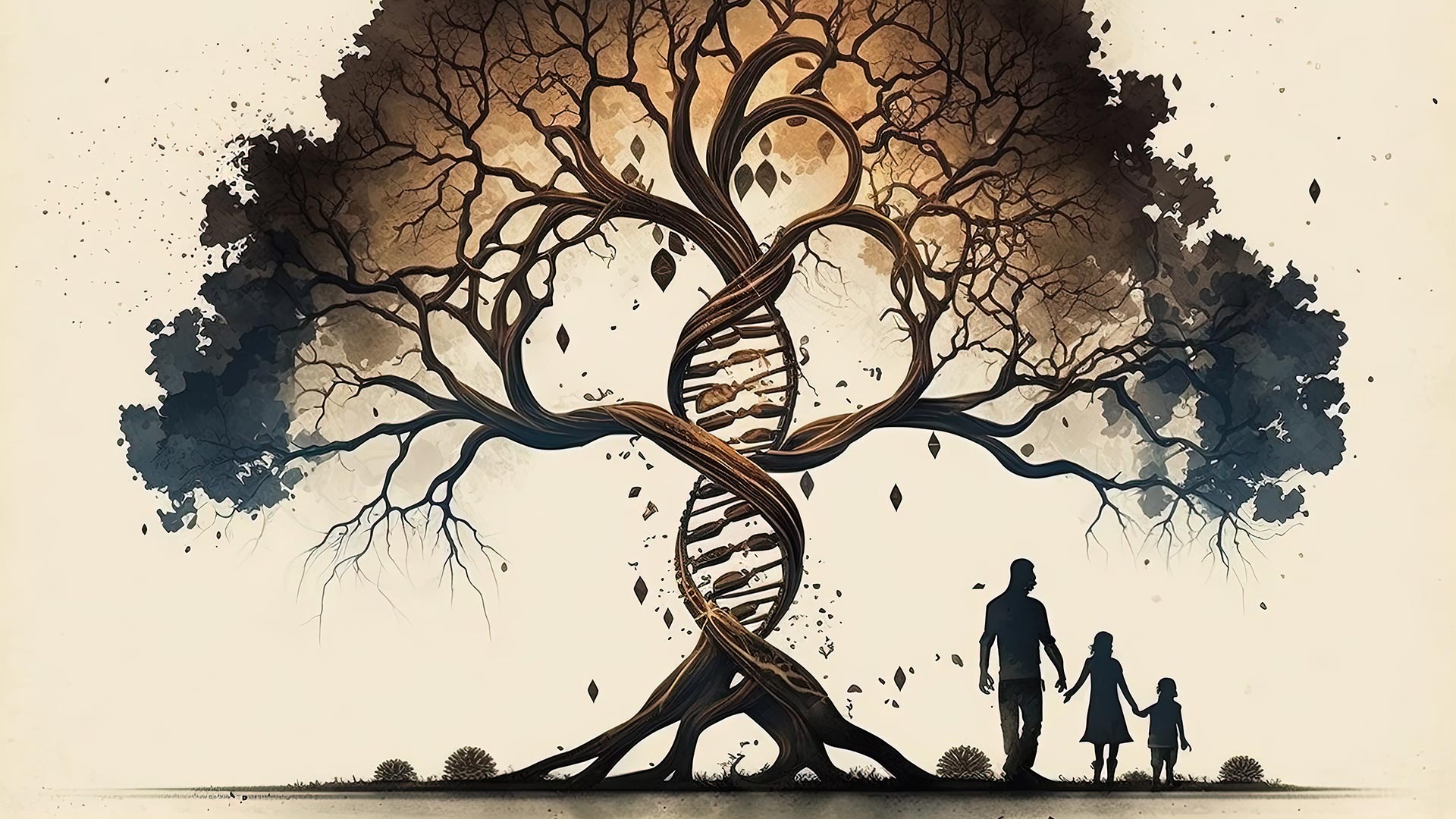 Image: ©vladimir18 - stock.adobe.com
Image: ©vladimir18 - stock.adobe.com
In 2007, CSHL Professor Michael Wigler’s “Unified Theory of Autism” predicted children with ASD would share more genes with their mothers. In 2017, this theory developed cracks when Wigler discovered the opposite. He observed that children with ASD appeared to inherit more of their father’s genes, regardless of sex or ethnicity.
The human genome is made up of about 20,000 genes. How many of these are estimated to be involved in causing ASD?
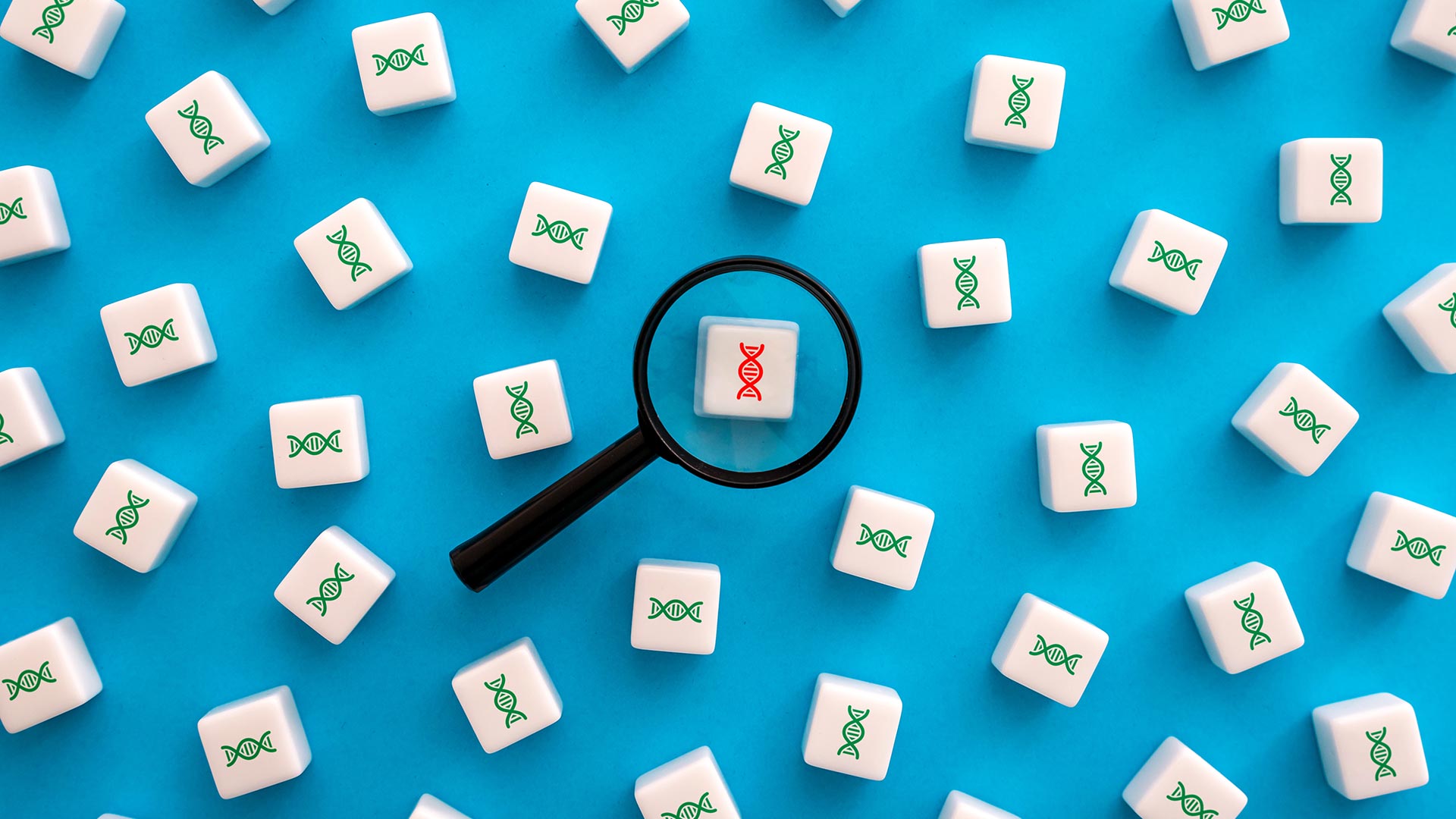 Image: ©Andrii Yalanskyi - stock.adobe.com
Image: ©Andrii Yalanskyi - stock.adobe.com
Out of roughly 20,000 human genes, scientists estimate that between 500 and 1,000 are involved in causing autism. CSHL Associate Professor Ivan Iossifov has already identified 239 genes that, when mutated, can lead to ASD. Of these, there are about 50 that, when mutations occur, are at high risk for causing ASD.
Scientists have found that families that have more than one child with ASD are more likely to have additional children with ASD. What are these kinds of families called?
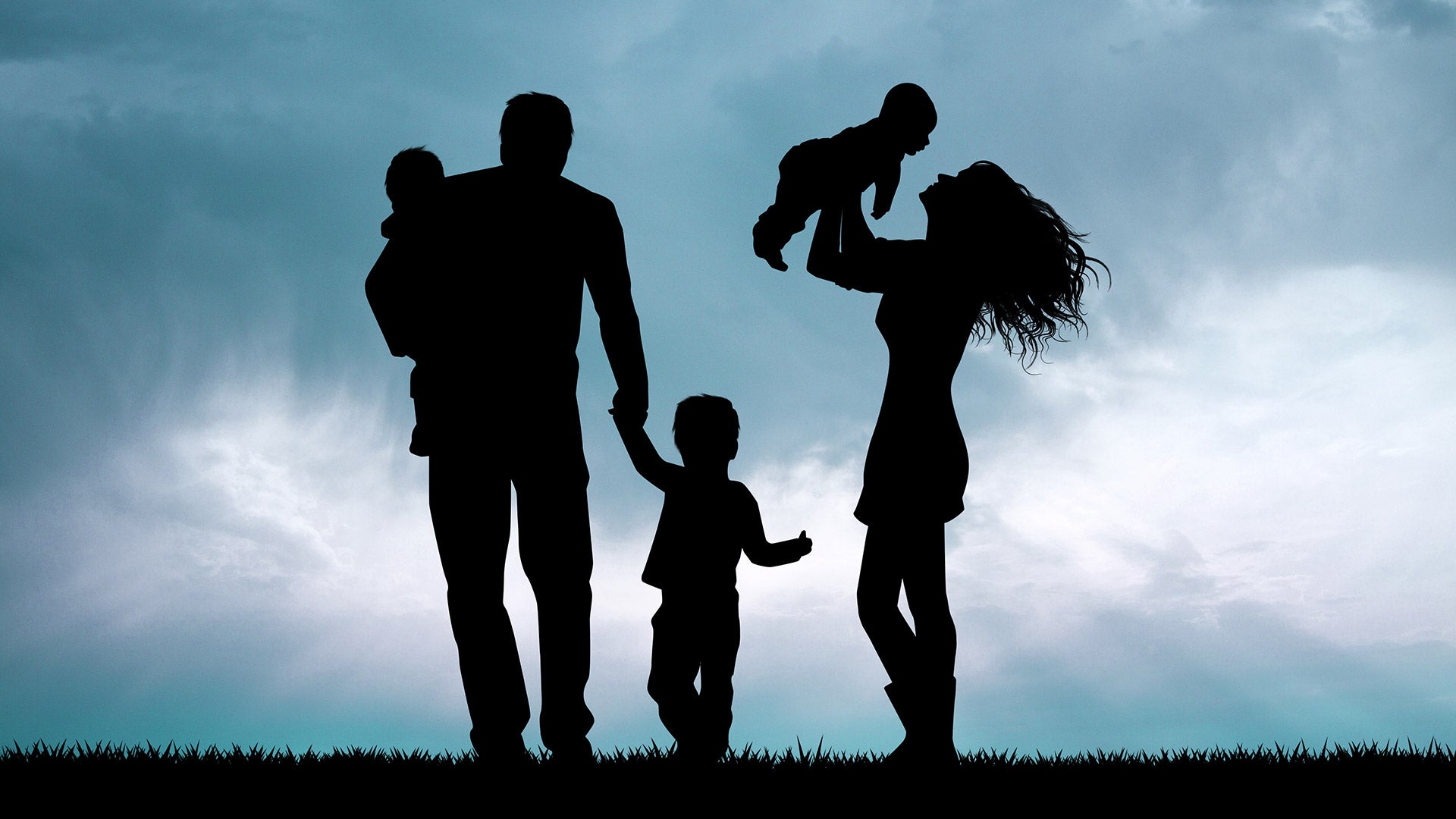 Image: ©adrenalinapura - stock.adobe.com
Image: ©adrenalinapura - stock.adobe.com
Families that have only one child with ASD are called simplex families. Families that have multiple children with ASD are called multiplex families. CSHL Professor Michael Wigler has found that spontaneous mutations are more likely to cause ASD in simplex families, but in multiplex families, autism is more likely to be inherited.
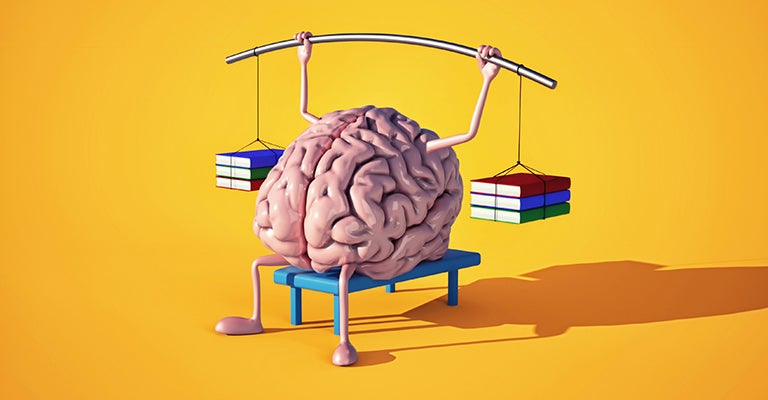
Share your Results:
